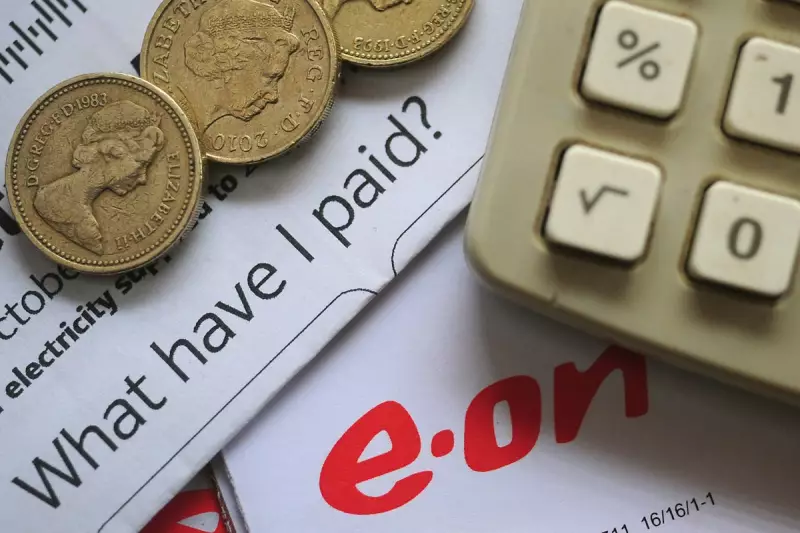
In a welcome relief for households across Great Britain, the energy regulator Ofgem has confirmed a substantial reduction in its price cap, paving the way for lower bills this summer.
The cap, which dictates the maximum amount suppliers can charge for each unit of energy, will fall by 7% from the current quarter. This means the average annual bill for a typical dual-fuel household paying by direct debit will drop by £122, from £1,690 to £1,568 from 1st July until 30th September.
What This Means for Your Wallet
This latest adjustment reflects a continued stabilisation in the global wholesale energy markets. While the cap sets a maximum unit price and standing charge, your actual bill remains dependent on how much gas and electricity you consume.
Ofgem CEO Jonathan Brearley cautioned that energy prices remain volatile. "We recognise things remain tough for many households across the country," he said, emphasising that the regulator is focused on building a more resilient energy system for the long term.
A Look Ahead: Forecasts for the Rest of 2024
While the July announcement is positive, energy analysts at Cornwall Insight predict bills are likely to rise again slightly towards the end of the year. Their current forecast suggests the price cap could increase to £1,631 from October before dipping again in the first quarter of 2025.
This ongoing fluctuation underscores the continued uncertainty in the market, influenced by factors such as global geopolitical tensions and supply chain issues.
Support for Those Still Struggling
Despite the falling cap, millions of families continue to face financial hardship. Ofgem has reiterated its commitment to strengthening consumer protections and ensuring suppliers support their most vulnerable customers through payment plans and emergency assistance.
Households experiencing difficulty with their energy bills are urged to contact their supplier as soon as possible to discuss available options and support.




